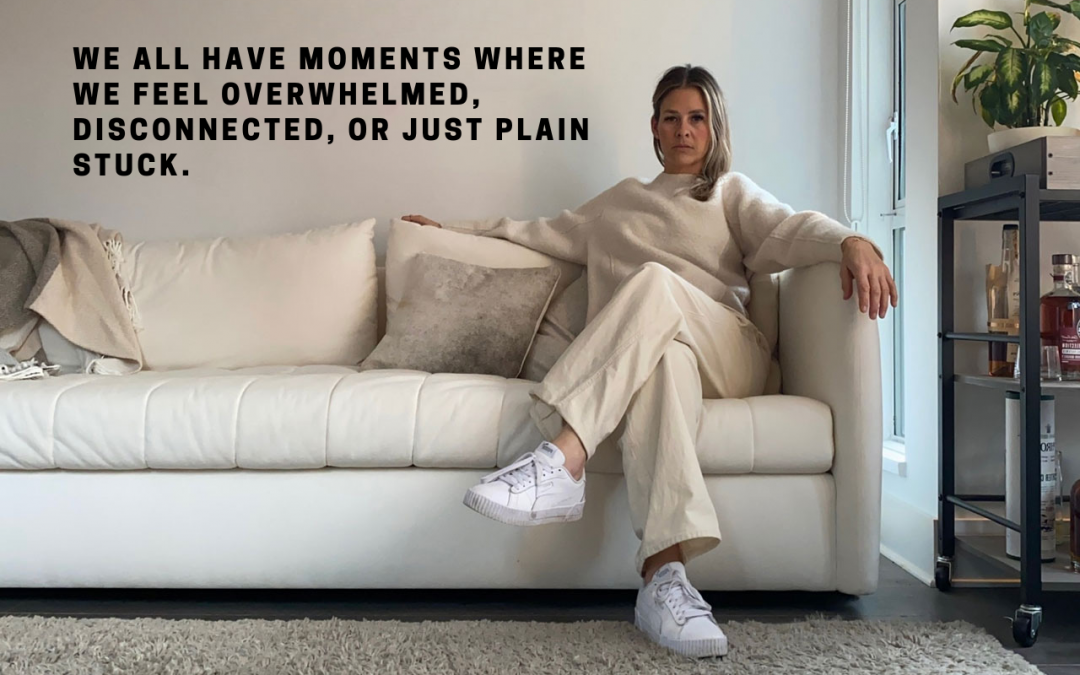What I wish I knew before starting therapy. If I could turn back time and restart my therapy journey, I’d wish for one book in my hands: “The Body Keeps the Score” by Bessel Van Der Kolk. This groundbreaking book has not only served as my lifeline but has also accelerated my healing in unimaginable ways. If you’re considering therapy, just started, or find yourself midway through the journey, the wisdom in this book—and a few others—can offer a more comprehensive and effective healing approach.
More Than Just a Book: A Compassionate Guide to Holistic Healing
To me, “The Body Keeps the Score‘ is more than a book; it’s a compassionate guide that has lit my path to holistic self-understanding. What I wish I knew before starting therapy is how much trauma affects not just our emotional well-being but also leaves its mark on our physical selves. Bessel Van Der Kolk, a Dutch professor of psychiatry at Boston University, wrote this transformative work that has become a beacon of hope and understanding for many, including me.
Therapy as a Sanctuary for the Whole Self
Think of therapy not as a sterile environment where you’re just a subject for analysis. But, as a sanctuary that nurtures your entire being—mind, body, and soul. What I wish I knew before starting therapy is that my body acts as a living diary of my emotional history. I grew up in a challenging environment and learned to suppress my emotions. My mind adapted by becoming more submissive, while my body froze as a form of physical self-protection.
The Personal Stakes: A Journey from Disconnection to Hyper-Awareness
My personal journey adds a compelling layer to this discussion. What I wish I knew before starting therapy is how past trauma had disconnected me so much from my body that I didn’t even realize I had late-stage cancer. A decade later, I find myself hyper-sensitive to bodily sensations and working diligently to achieve a balanced state of being. This dramatic shift serves as a vivid testament to the intricate relationship between our emotional and physical selves.
Beyond Talk Therapy: The Healing Power of Rhythmic Movement
Van Der Kolk offers more than problem identification; he provides a comprehensive roadmap to healing. Beyond traditional talk therapy, he highlights the healing potential of rhythmic activities like dancing and yoga. These activities aren’t just physical exercises; they offer opportunities for emotional release and help us reconnect with suppressed feelings. The communal aspect of these activities adds another layer of healing, as moving in sync with others can amplify the therapeutic effects.
Finding Balance and Reclaiming Your Body Through Sensory Integration
For trauma survivors, the body can swing between hyper-alertness and emotional numbness. What I wish I knew before starting therapy is that the goal is to find a balanced state—a middle ground where you can feel both safe and alive. Van Der Kolk’s pioneering work led to the creation of a sensory integration clinic in Boston. This sanctuary helps people rediscover the joy of being in their bodies, especially if past neglect or emotional scars have taken a toll.
Rebuilding a Loving Relationship with Your Body Through Play
Building on the activities at the sensory integration clinic, the concept of play becomes pivotal. As children, we used play as our first language—a joyful, innocent exploration of the world. But as we grow older, life pressures often make us forget the therapeutic power of play. Reconnecting with this childlike joy offers a safe space to heal and rediscover the pleasure of being in one’s body. Van Der Kolk’s message is clear: despite its scars, your body can serve as a wellspring of wisdom and healing.
What I Wish I Knew Before Starting Therapy
So, the next time you sit in a therapy session, remember that you’re not just a mind floating in space, you’re a beautiful, complex being deserving of holistic care. By incorporating a body-focused approach into your therapeutic journey, you’re not just speeding up your healing process—you’re enriching it.


Recent Comments